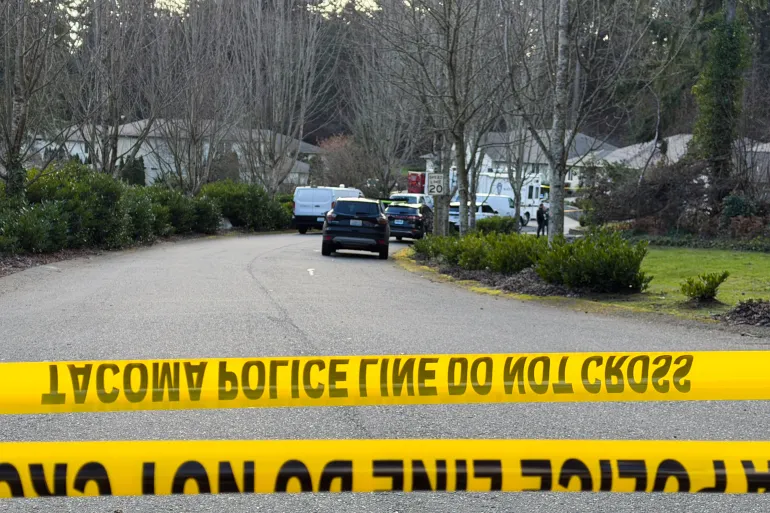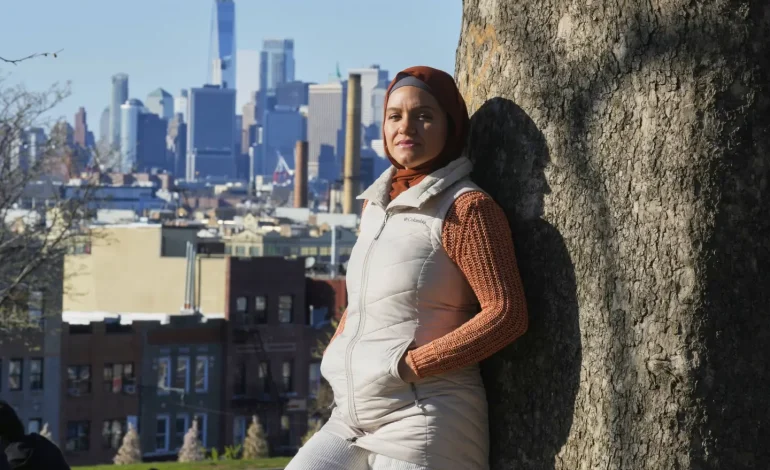A federal program providing crucial rental assistance to tens of thousands of individuals and families fleeing homelessness and domestic violence is facing a funding crisis that could leave them scrambling for housing, The AP reports.
The Emergency Housing Voucher program, which helped Daniris Espinal and her daughters secure a safe apartment in Brooklyn after escaping an abusive relationship, is projected to run out of money by the end of next year.
A letter from the US Department of Housing and Urban Development (HUD) revealed the looming shortfall. Analysts warn that this could lead to one of the largest single losses of rental assistance in the nation, potentially pushing vulnerable individuals and families back onto the streets or into dangerous situations.
The program, launched in 2021 as part of the American Rescue Plan Act, was allocated $5 billion to assist people experiencing homelessness, domestic violence, and human trafficking. From San Francisco to Dallas, the program enrolled children, seniors, veterans, and others with the expectation that the funding would last until the end of the decade. However, soaring rental costs have depleted the funds far more quickly than anticipated.
The program’s future now hinges on Congress, which holds the power to allocate additional funding during federal budget negotiations. Democratic Representative Maxine Waters, a champion of the program, is advocating for an $8 billion infusion. However, organizations lobbying Republican and Democratic lawmakers express pessimism, given the Republican majority in Congress and their focus on federal spending cuts to offset tax reductions. Four GOP lawmakers overseeing budget negotiations did not respond to requests for comment.
For individuals like Daniris Espinal, the potential loss of the voucher is devastating. She and her two daughters rely on the voucher to afford their three-bedroom apartment, where rent exceeds $3,000 per month. Espinal had previously escaped a controlling marriage and faced significant back rent debt. While pandemic-era financial aid temporarily prevented eviction, the Emergency Housing Voucher program offered a lifeline to long-term stability. Without the voucher, her family’s future is uncertain. As one of the 700 beneficiaries who were offered aid in New York, she recognizes the risk of the program expiring and leaving her to pay rent.










The latest news in your social feeds
Subscribe to our social media platforms to stay tuned